State, Society and Governance in Melanesia
The state, society and governance in Melanesia program at ANU (SSGM) is devoted to the study of the Melanesian peoples and their countries – Papua New Guinea, Solomon Islands, Vanuatu, New Caledonia and Fiji – and constitutes the largest concentration of research expertise on Melanesia in the world. Books by SSGM scholars encompass studies of the history, anthropology and contemporary development of Melanesia and are indispensable for anyone with a serious interest in the region.
Please note: The following list of titles is sorted by publication date, with the most recent first.
Displaying results 1 to 17 of 17.
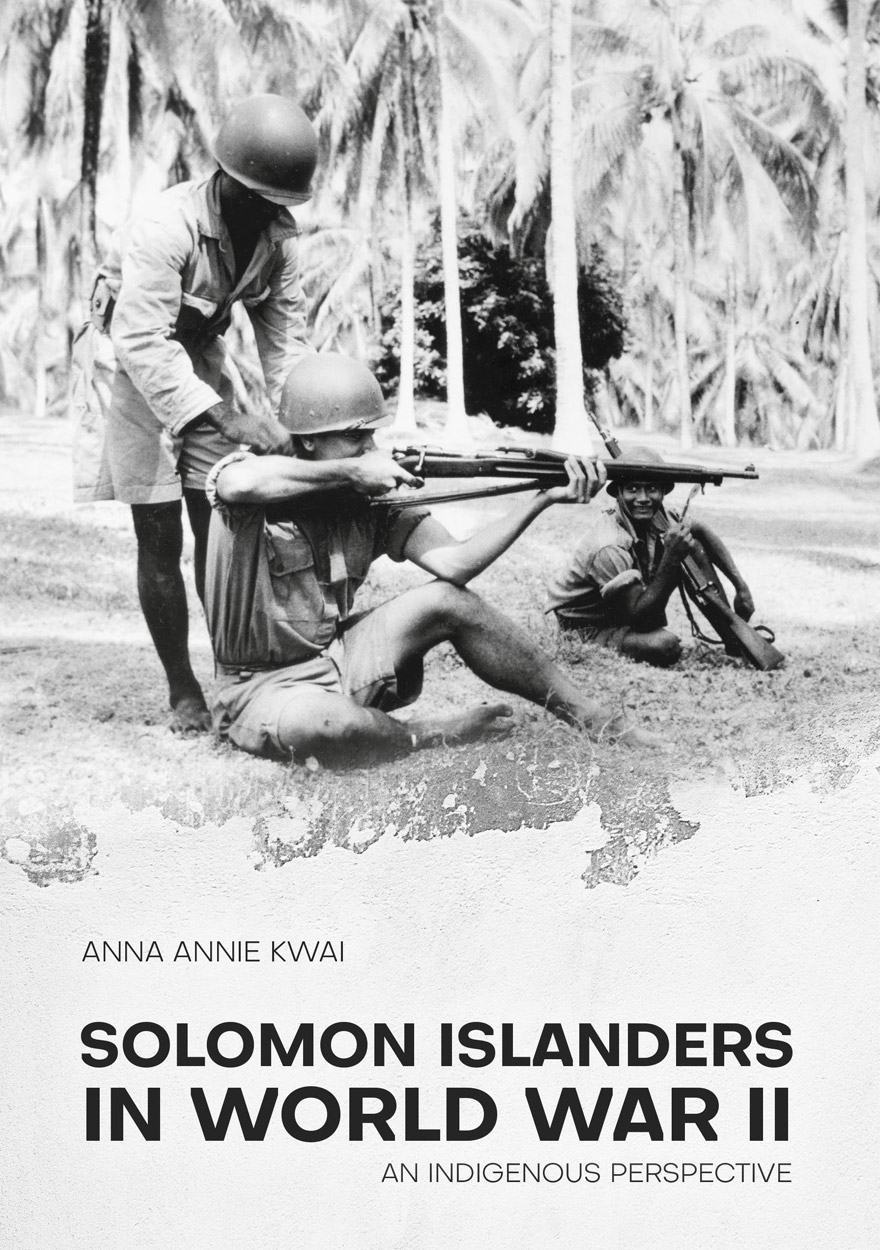
Solomon Islanders in World War II »
An Indigenous Perspective

War and Other Means »
Power and violence in Houaïlou (New Caledonia)

The General’s Goose »
Fiji's Tale of Contemporary Misadventure
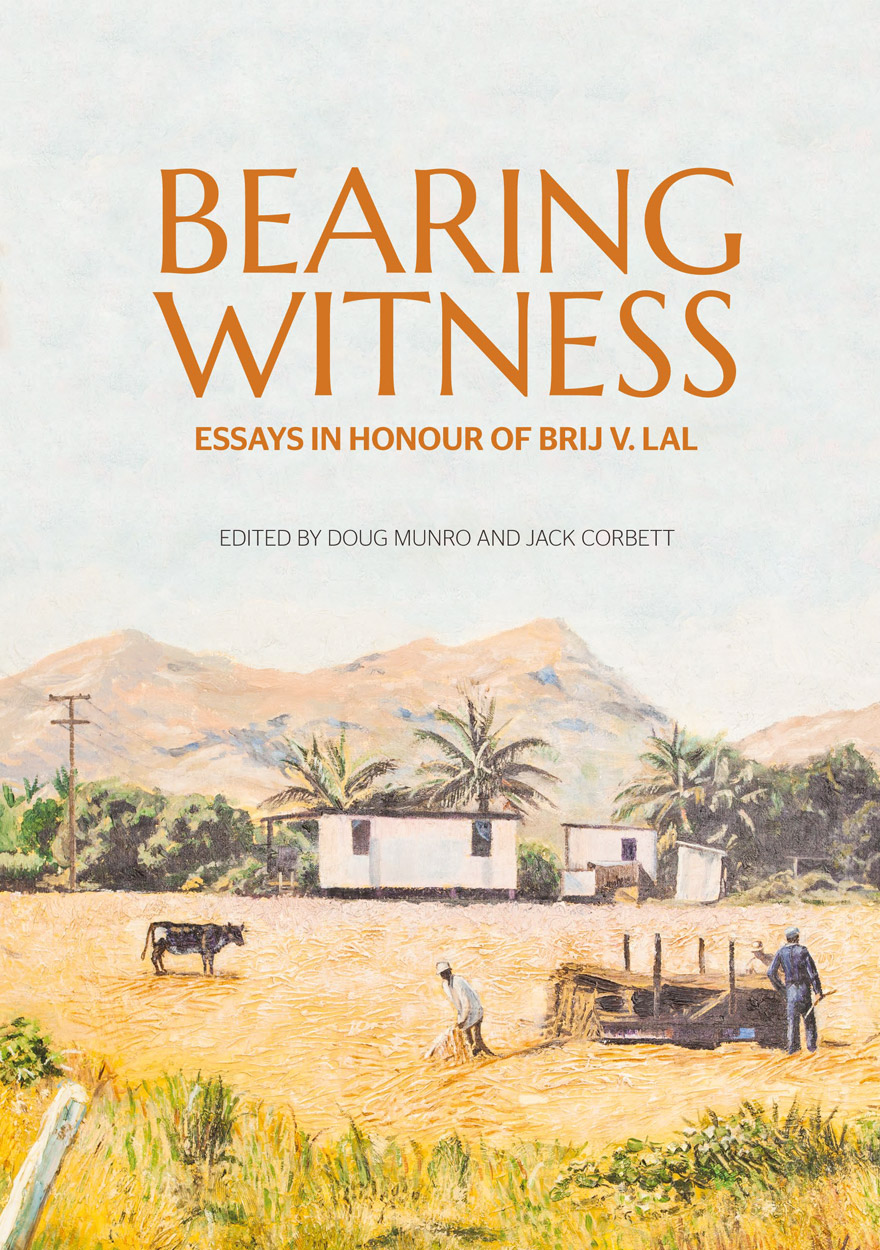
Bearing Witness »
Essays in honour of Brij V. Lal
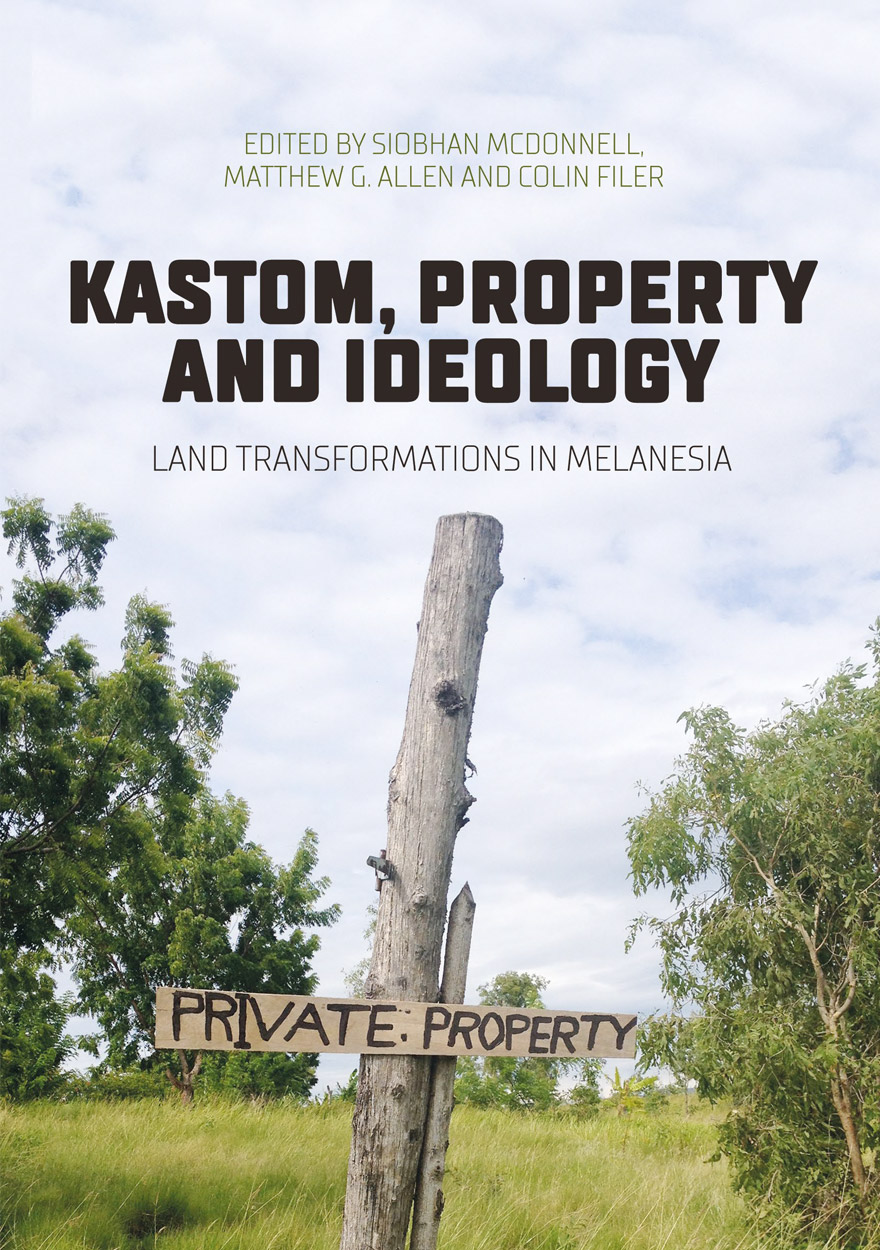
Kastom, property and ideology »
Land transformations in Melanesia

A Mission Divided »
Race, Culture and Colonialism in Fiji’s Methodist Mission

A New Era? »
Timor-Leste after the UN
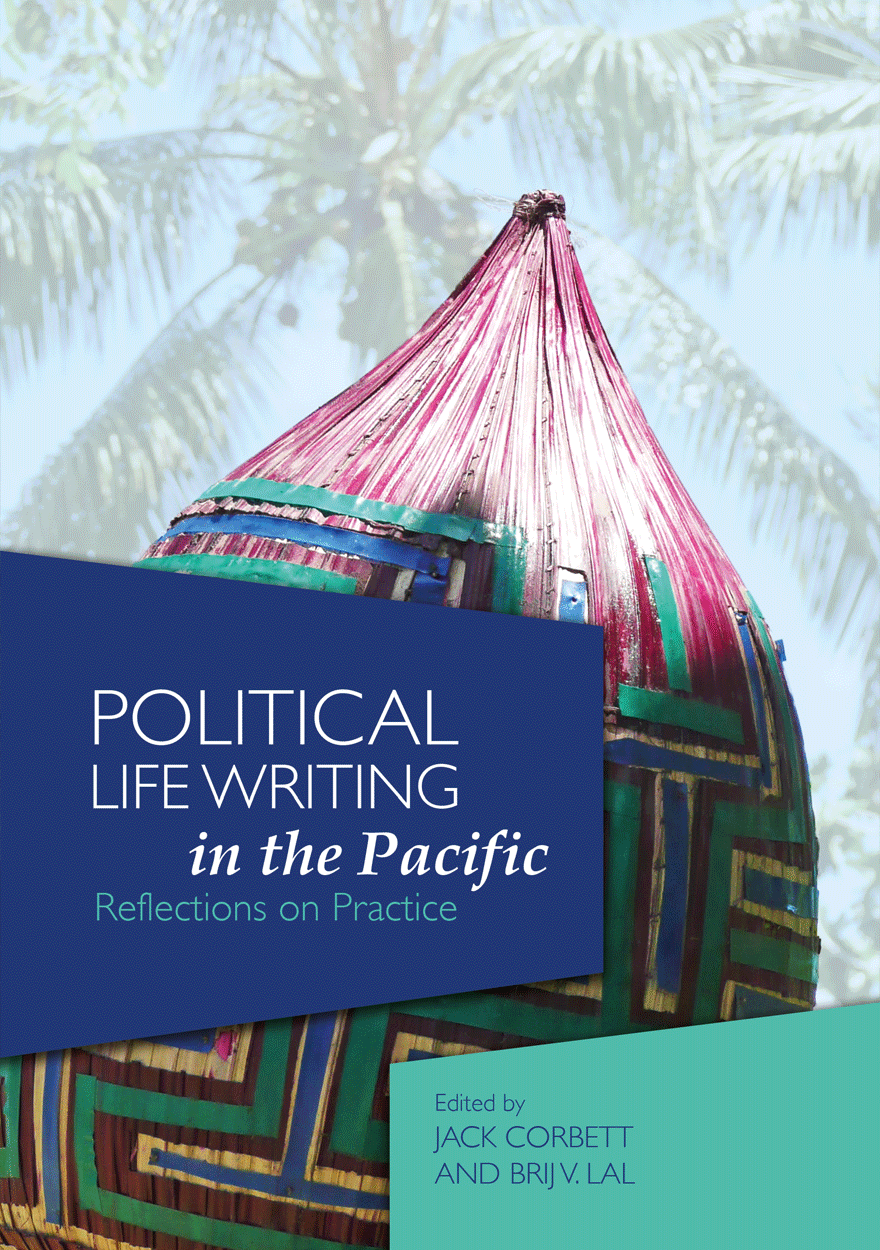
Political Life Writing in the Pacific »
Reflections on Practice
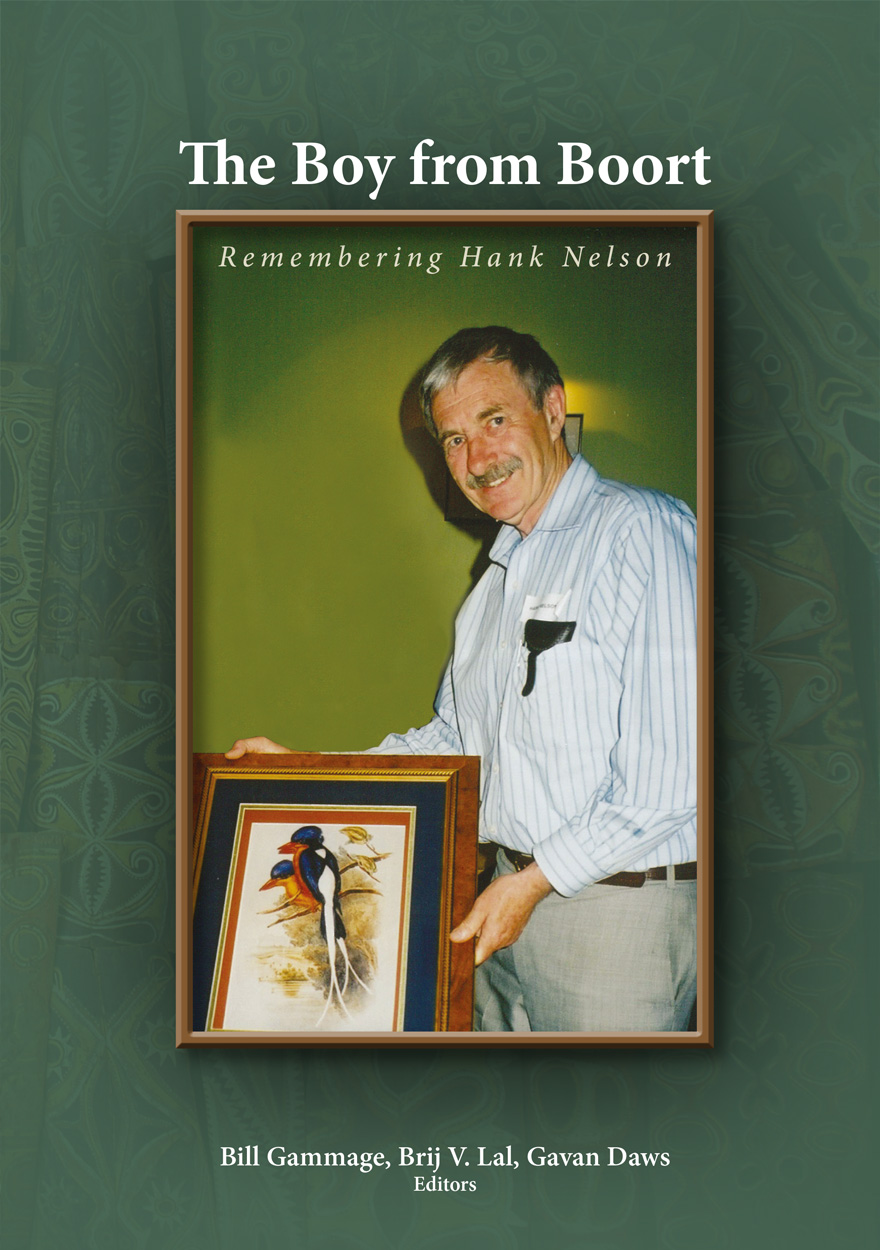
The Boy from Boort »
Remembering Hank Nelson
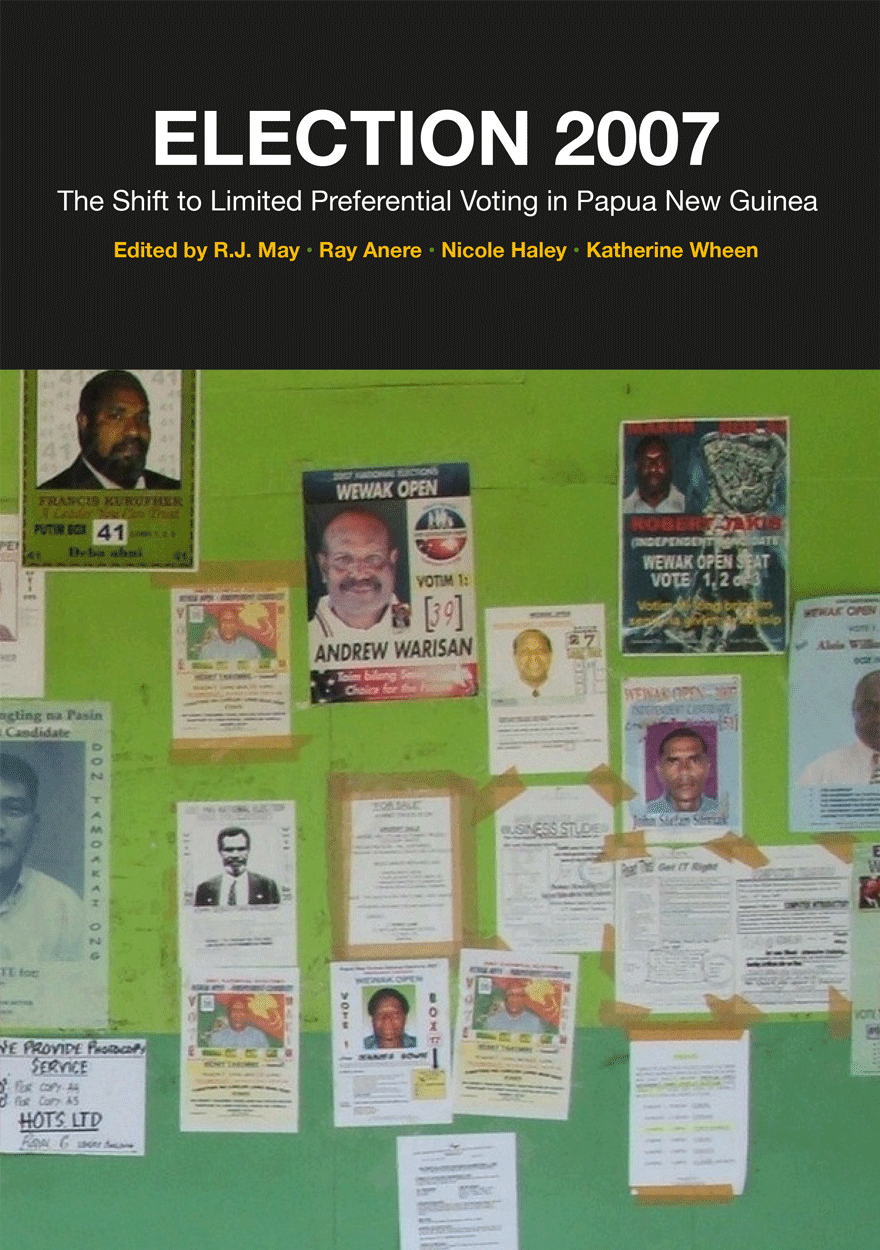
Election 2007 »
The Shift to Limited Preferential Voting in Papua New Guinea

Politics, Development and Security in Oceania »

Civic Insecurity »
Law, Order and HIV in Papua New Guinea
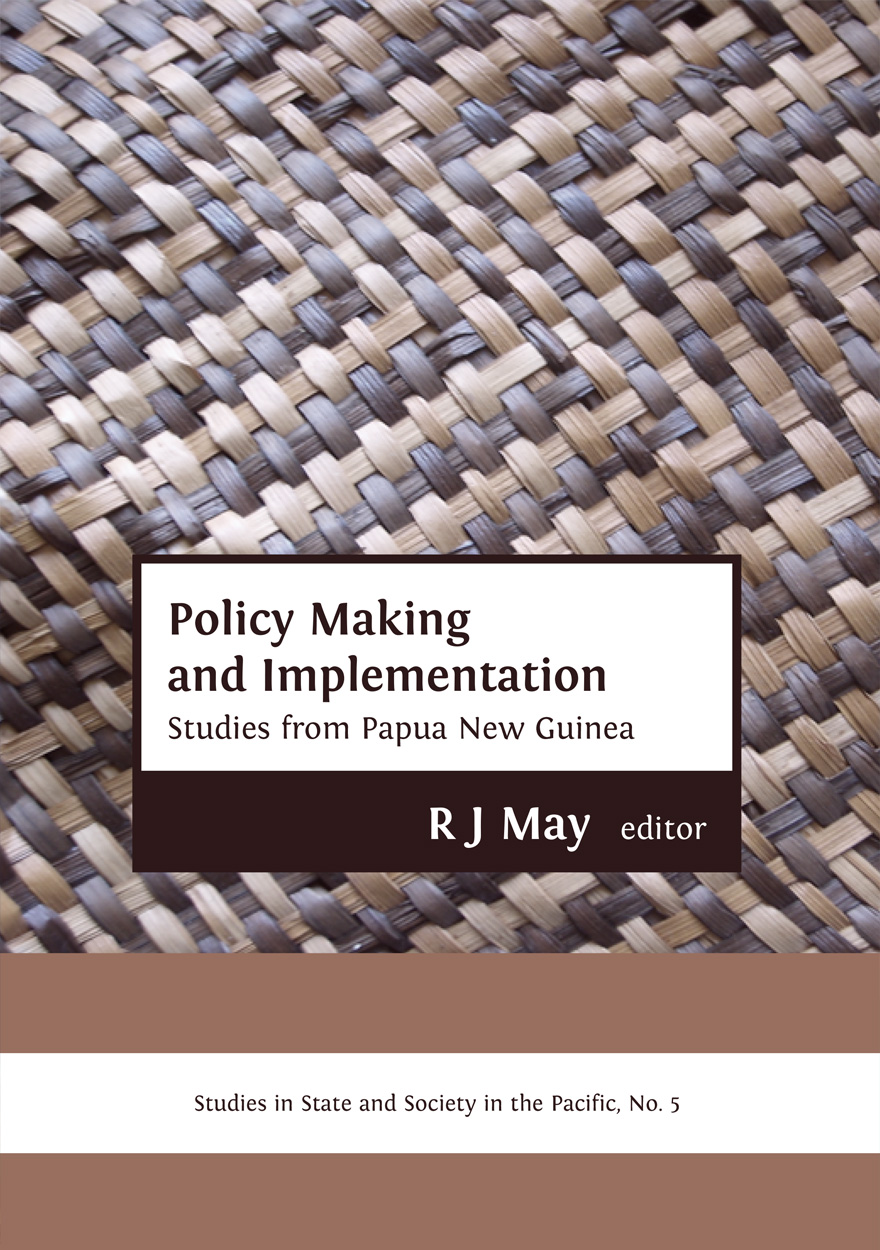
Policy Making and Implementation »
Studies from Papua New Guinea

The 2006 Military Takeover in Fiji »
A Coup to End All Coups?

A Time Bomb Lies Buried »
Fiji’s Road to Independence, 1960-1970
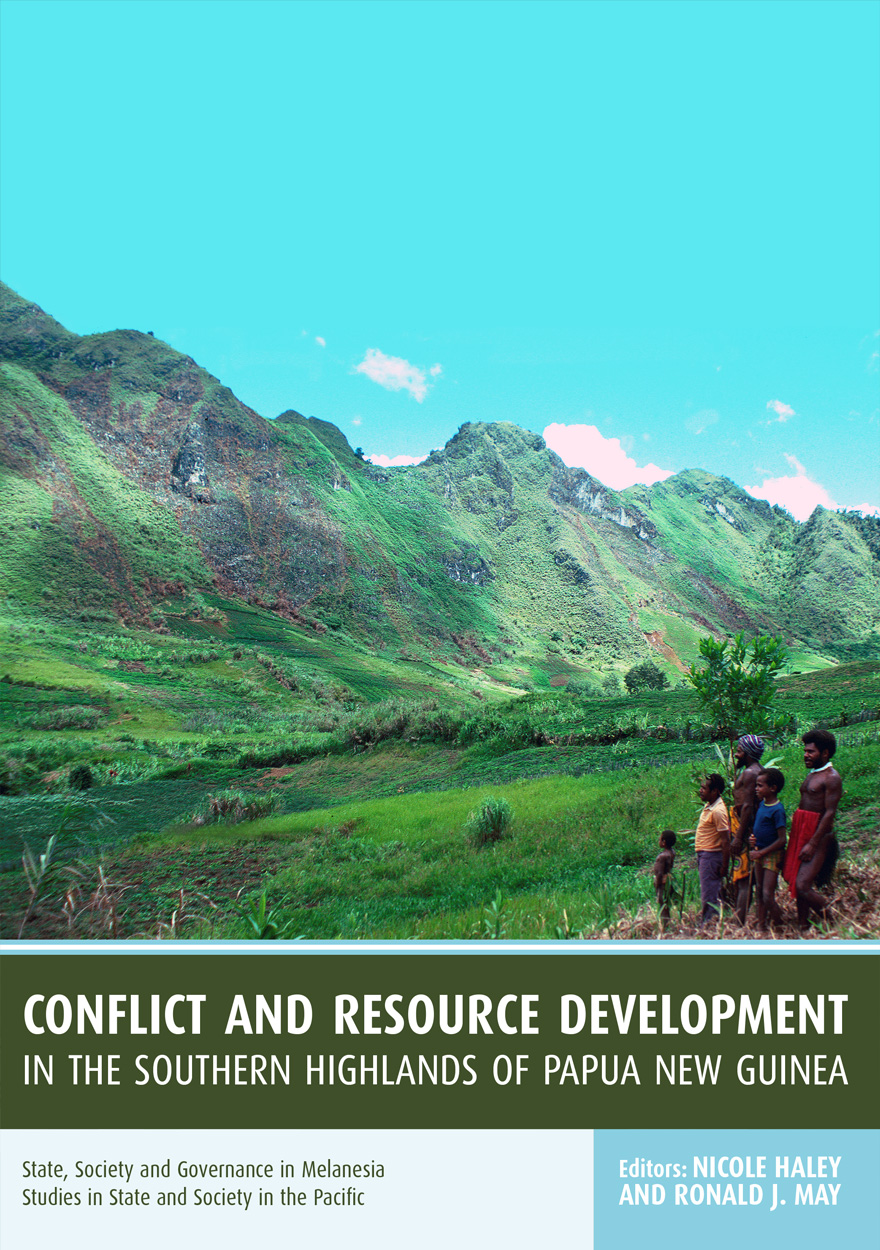
Conflict and Resource Development in the Southern Highlands of Papua New Guinea »




